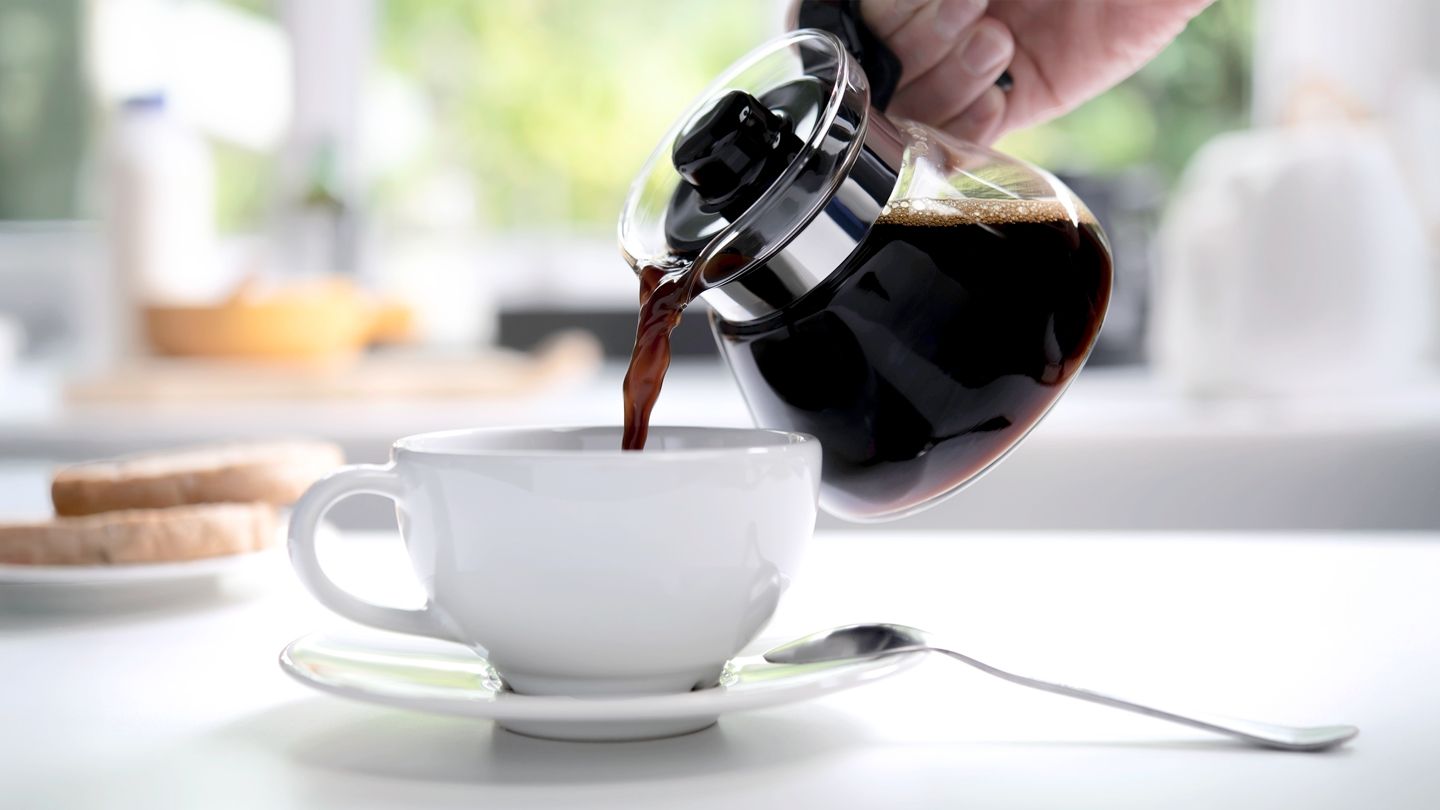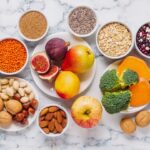Coffee isn’t automatically “bad” for Crohn’s disease, but it can be problematic for some people with the condition.
“Crohn’s disease is a spectrum — depending on the location and severity of disease, patients can have different symptoms and reactions to foods,” she says. “The fact is that coffee contains caffeine, which is a stimulant. That means if you are prone to diarrhea, you will have more stools. If you have a stricture, it can cause worse pain and cramping.”
There’s also the acidity factor. Coffee is naturally acidic, which can irritate the gut lining or worsen cramping and abdominal pain in some individuals. Bear in mind, you may have ulcers (open sores) in your digestive tract, which is already an acidic environment.
If you have ulcers, drinking coffee is like pouring acid on them, says Kendra Weekley, RD, a registered dietitian at Cleveland Clinic in Ohio, where she focuses on gut health and works with people with Crohn’s disease within the hospital’s inflammatory bowel disease medical home.
Mix in common additives like cream or sugar, and you’ve got more potential triggers. “Now you have coffee stimulating motility, added sugars and dairy stimulating motility, and the existing inflammation working against you,” Weekley says. “That’s a recipe for stomach pain and more loose and urgent stools.”
Still, coffee doesn’t affect everyone with Crohn’s the same way. One study published in 2024 found that 46 percent of participants with Crohn’s said coffee had no effect on their symptoms, while 48 percent said it made their symptoms worse.
If your symptoms are well controlled and you don’t notice any issues after drinking it, you may not need to avoid it altogether. But if it makes your gut feel worse, especially right after drinking, that’s a sign to cut back or stop.
Read the full article here




